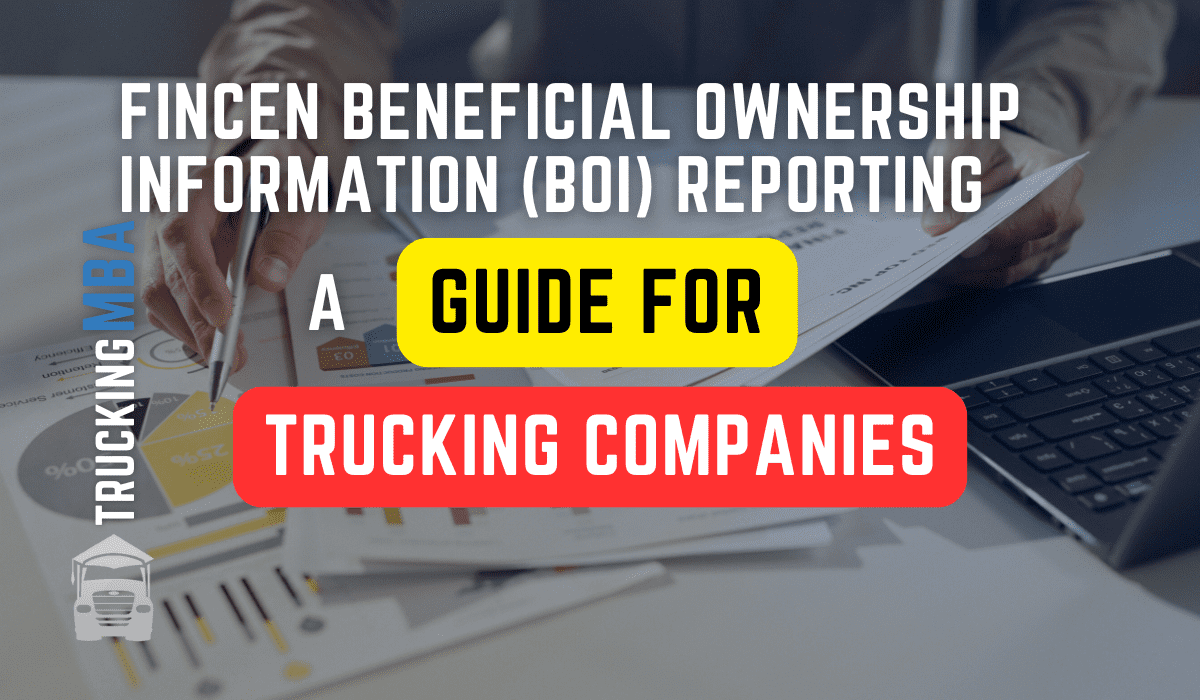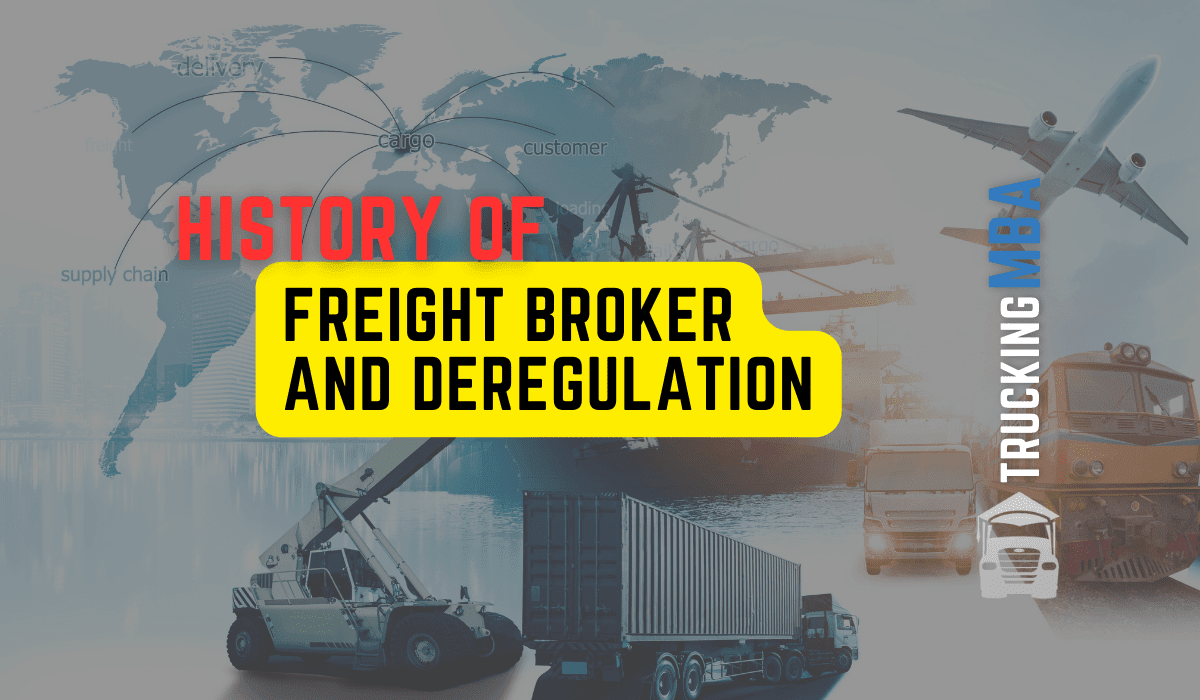Guidance on Dispatchers
The Federal Motor Carrier Safety Administration (FMCSA) recently issued new guidelines for dispatch services, brokers, and bona fide agents. This post will break down those guidelines into easy-to-understand terms for truck drivers like you. Get ready to understand the roles of brokers, dispatch services, and bona fide agents in the transportation industry.
What is a Broker?
A broker essentially connects shippers (those who need goods transported) with motor carriers (those who provide the trucks and services). Think of brokers as matchmakers for the trucking industry. They make sure that your trucking services are paired with the right shipper, keeping everyone happy and following the necessary FMCSA rules.
Understanding Bona Fide Agents
A Bona Fide Agent is someone who works on behalf of your trucking company or motor carrier. They help handle tasks related to your trucking business, like finding loads for carriers. They can be employees (working directly for your company) or contractors (hired by your company). A key point to remember is that Bona Fide Agents must follow their agreement and not favor one carrier over another when assigning loads.
Dispatch Services Demystified
Dispatch services are like job finders for truck drivers. They search for available jobs, match them with drivers, and help keep drivers and trucking companies organized. Some of their main tasks include:
- Finding loads
- Organizing schedules
- Communicating with the shipper and receiver
- Record-keeping
- Support services (like finding fuel, planning routes, and handling paperwork)
When is a Dispatch Service a Broker or Bona Fide Agent?
Figuring out whether a dispatch service is a broker or bona fide agent depends on their specific tasks. Dispatch services that act only as an agent for a motor carrier generally don’t need a broker authority (special license) because they focus on helping motor carriers find loads.
However, if a dispatch service takes on tasks outside of their agreement, such as dealing directly with shipments and handling payments, they might need broker authority. Unauthorized brokers may face financial penalties, so it’s crucial to understand their role.
In conclusion, FMCSA’s new guidance on dispatch services clears up the roles and responsibilities of brokers, bona fide agents, and dispatch services in the trucking industry. Keep these guidelines in mind when working with dispatch services, so you can stay informed and compliant with FMCSA regulations.




Responses